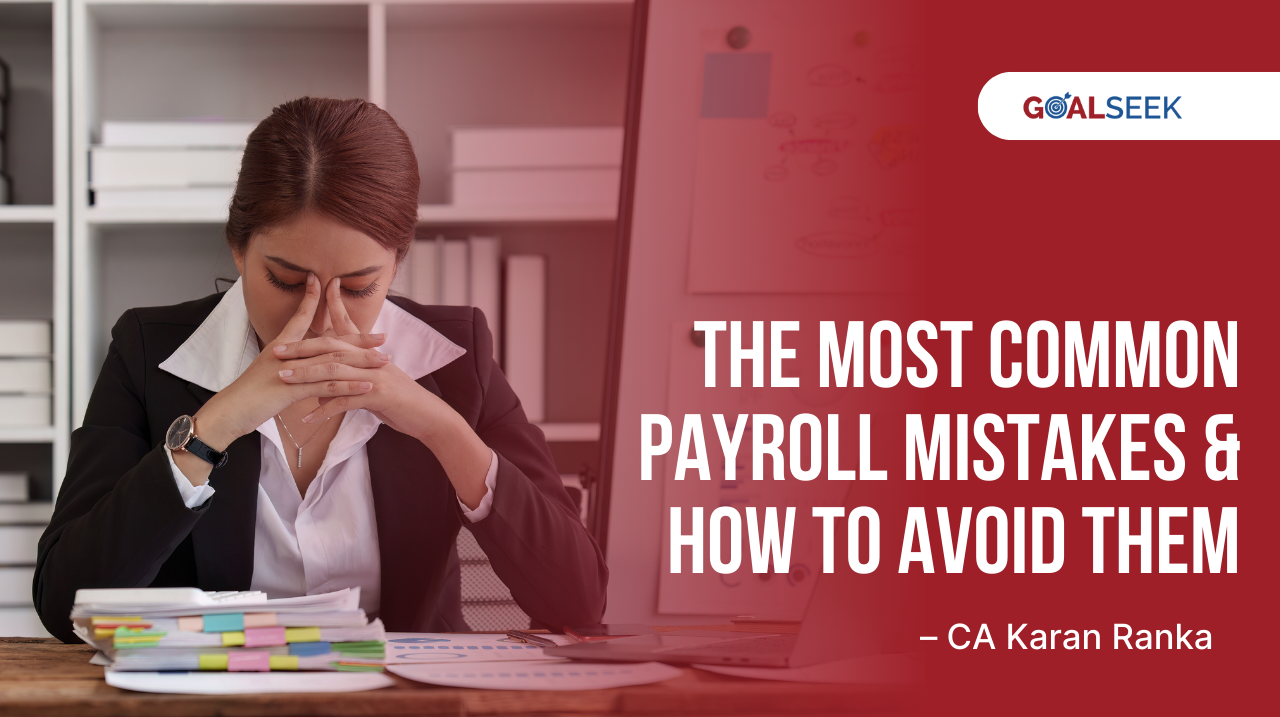Self-Employment Taxes: What You Need to Know
Self-employment taxes encompass Social Security and Medicare contributions. As a self-employed individual, you’re responsible for both the employer and employee portions, which totals 15.3% of your net earnings. This is separate from your federal and state income taxes. Anyone earning $400 or more annually from self-employment is required to pay these taxes. To calculate and report these, you will need forms such as Schedule SE (Form 1040) and Schedule C or Schedule C-EZ. Filing deadlines typically fall on April 15th, with quarterly payments required throughout the year.
Crucial Tax Forms for Self-Employed Individuals
Filing taxes involves several essential forms:
- Form 1040: Your primary income tax form summarizing income and deductions.
- Schedule C: For reporting business income and expenses; use Schedule C-EZ for simplified filing if eligible.
- Schedule SE: Calculates your self-employment tax based on net earnings.
- Form 1099-NEC: Issued by clients who pay you $600 or more annually.
- Form 1040-ES: Helps estimate and pay quarterly taxes, ensuring you meet IRS deadlines.
Maximizing Deductions and Credits
Deductions and credits can significantly reduce your taxable income. Common deductions include legitimate business expenses such as office supplies, software subscriptions, travel costs, and advertising. For those using a portion of their home exclusively for business, the home office deduction allows you to claim related expenses through either a simplified method or a regular method based on proportional costs.
Health insurance premiums for yourself, your spouse, and dependents are deductible. Retirement contributions to plans such as SEP IRAs, SIMPLE IRAs, or solo 401(k)s are another excellent way to reduce taxable income while saving for the future. Expenses related to workshops, online courses, and certifications that enhance your business skills are also deductible, provided they are directly relevant to your trade. For vehicle use in business, you may deduct either actual expenses or apply the standard mileage rate.
How to Prepare for Tax Season as a Self-Employed Individual
Preparing for tax season begins with maintaining accurate financial records, including income, expenses, and receipts. Digital tools or apps can simplify bookkeeping and ensure organization throughout the year. Separating personal and business finances by opening dedicated bank accounts and credit cards also helps streamline tracking.
Staying updated on tax law changes is essential to maximize deductions and credits. Subscribing to relevant newsletters or consulting professionals like Goalseek ensures you remain informed. Creating a tax calendar with key deadlines for quarterly and annual filings prevents last-minute stress. Regular financial reviews, conducted monthly or quarterly, help you stay on top of income and expenses, adjusting estimated payments as needed.
Common Tax Mistakes and How to Avoid Them
- Ignoring Quarterly Taxes: Neglecting quarterly payments can lead to penalties; use Form 1040-ES to calculate these accurately.
- Overlooking Deductions: Small expenses can add up; keep detailed and organized records.
- Disorganized Record-Keeping: Without proper documentation, you may miss deductions or face IRS scrutiny.
- Filing Late: Missing deadlines results in penalties and interest charges. Stay proactive and prepare early.
- Misreporting Income: Ensure all income, including small payments, is accurately reported. Cross-check records like Form 1099-NEC.
Managing taxes as a self-employed professional doesn’t have to be a solo endeavor. Goalseek offers tailored solutions to simplify your tax journey. From ensuring accurate calculations to helping you claim every possible deduction, our team of experts takes the stress out of tax filing. Avoid penalties, maximize your savings, and stay fully compliant with IRS regulations—all while gaining the confidence to focus on growing your business.
Take control of your taxes with Goalseek by your side. Simplify your filings, save time, and enjoy peace of mind. Reach out to us today for expert guidance customized to your unique needs.














%20(1).png)




